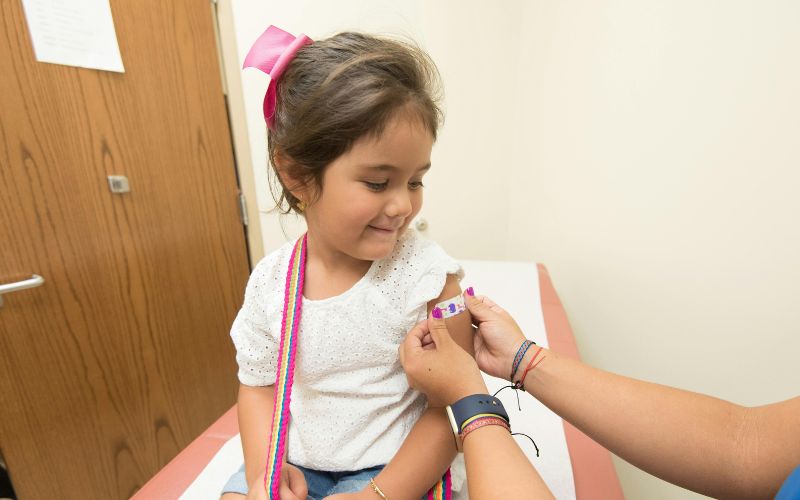
- Details
- By Elyse Wild
Earlier this week, the AAP released recommendations for young children to be vaccinated for COVID-19, marking the first time in 30 years the organization has broken with the federal government’s recommendations. In May, under the direction of Kennedy, the CDC removed its recommendation that all children 6 months and older get COVID-19 shots. On Tuesday, Kennedy commented on the AAP’s stance, pointing to the organization’s donor base, which includes the makers of the COVID-19 vaccines.
AAP President Susan J. Kressly responded in defense of the group’s guidance, stating they were “based only in the science, the needs of children, and the care that pediatricians have for the children in every community.
The move is the latest in the federal government’s shift in vaccine priorities.
In June, Kennedy terminated all 17 members of the CDC Advisory Committee on Immunization Practices. The committee, originally established in 1964, holds three meetings a year to review scientific data on immunization and vote on vaccine policy recommendations. Eight new members, comprising physicians, neuroscientists, psychiatrists, and other healthcare experts, were appointed a week later.
Earlier this month, the HHS announced it would be winding down $500 million of mRNA vaccine development in favor of broader vaccine development.
The split between the federal government and the AAP comes just as the fall immunization campaigns encouraging flu and COVID-19 vaccinations kick off.
Tribes and tribal health organizations are widely encouraging relatives to stay up to date on all vaccines, including the COVID-19 vaccine.
Native Americans bore the highest mortality rates of all racial groups during the COVID-19 pandemic.
More Stories Like This
HHS Repeals Nursing Home Staffing Requirements, Citing Relief for Tribal FacilitiesNative Americans Face Second-Highest Gun Death Rate in U.S., New Study Shows
National Council of Urban Indian Health Encourages Vaccinations
New Native Nations Center for Tribal Policy Research Analyst Will Examine Cancer Disparities in Oklahoma Tribes
Republicans Left Tribes Out of Their $50B Rural Fund. Now It’s Up to States To Share.


